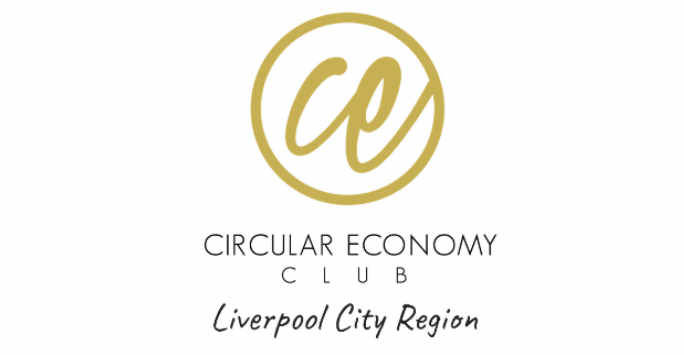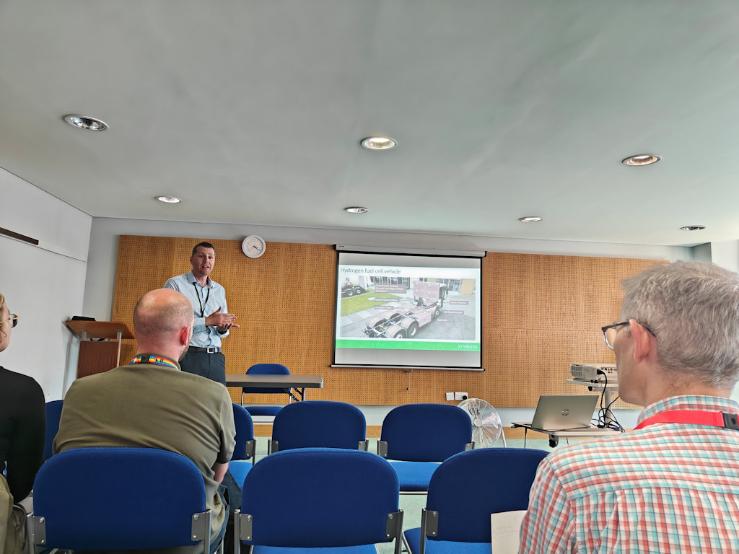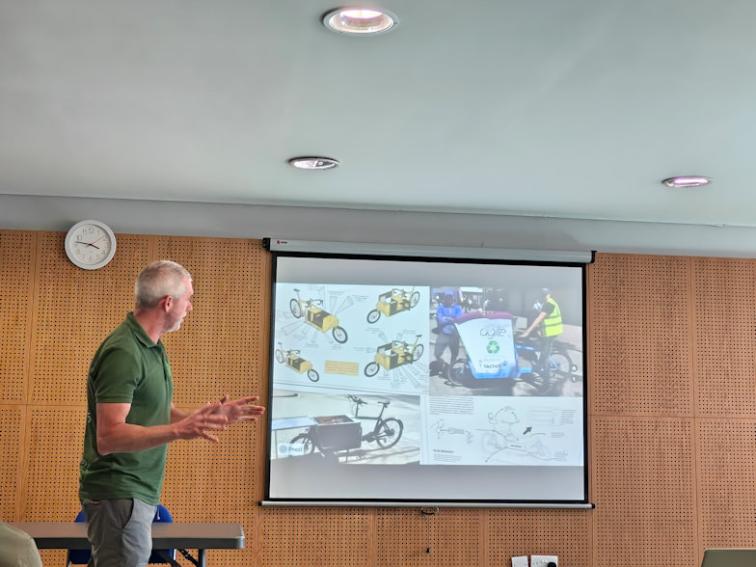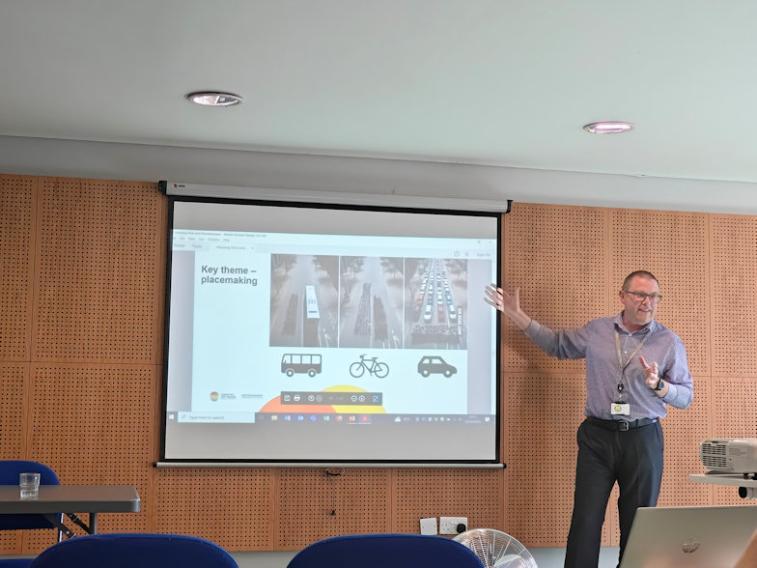
Wednesday the 5th of July marked the second Circular Economy Club event for the Liverpool City Region in 2023.
The event was focused on ‘Sustainable, Circular Transport Solutions’ and welcomed speakers from St Helen’s Borough Council, Peloton Liverpool Cooperative, and the Liverpool City Region Combined Authority.
Discussions covered a fantastic range of topics, from alternative fuels and people-powered mobility to urban planning and public transport infrastructure, demonstrating the important work emerging at the intersection between transport and circular economy.
Andy Cutts, Environment, Strategy & Change Manager at St Helens Borough Council began presentations with an insightful overview of the Council’s pilot programme, implementing the UK’s first hydrogen refuse collection vehicle. The project has been well received to date and is aligned with the Liverpool City Region’s Green Hydrogen Vision, exploring the role of hydrogen as an alternative fuel and means of energy storage to 2030. As more than 14% of the Council’s emissions can be attributed to fleet emissions, heavy and energy-intensive refuse vehicles were deemed a logical target for the trial. As the combustion of hydrogen fuel produces water vapour, there are clear opportunities for reducing local emissions and improving air quality. However, the pilot programme also presented an important opportunity to gain a better understanding of the key challenges associated with hydrogen fuel, from sourcing and supply to refuelling infrastructure and emerging skills gaps. This information will be invaluable when exploring a wider rollout of the technology for the region and the UK.

Andy Cutts, Environment, Strategy & Change Manager at St Helens Borough Council
Daniel Robinson, Founder & Project Manager of Liverpool Peloton Coop followed, sharing his extensive experience in promoting safe, accessible bicycle use in Liverpool. The cooperative operates a diverse range of projects, offering something for everyone in the region. One of these is Agile, which provides a hub for cargo bikes, helping businesses to make the last mile of their delivery services on two wheels, avoiding traffic and reducing fuel costs. However, Daniel was keen to highlight the fact that cargo bikes are not only great for transporting goods, but can also be a useful tool in the agile delivery of services, such as maintenance, repair and even bicycle-lane sweeping; something Peloton is keen to promote to local businesses. It was evident that developing a culture of cycling brings clear environmental benefits, such as reducing noise and emissions, conserving non-renewable resources and reducing wear and tear on our roads, however, it was equally interesting to hear of the health, wellbeing, community and social cohesion benefits afforded by Peloton’s other projects, including safe cycling training, bicycle-sharing, group rides and events.

Daniel Robinson, Founder & Project Manager of Liverpool Peloton Coop
Huw Jenkins, Lead Officer for Transport Policy at Liverpool City Region Combined Authority closed presentations with an informative overview of the region’s Transport Plan to 2040 and the important role of circular economy in achieving this. It was emphasised that an over-reliance on the adoption of new technologies, such as electric vehicles, should be avoided, as it is unlikely that the rate of adoption will be sufficient to achieve decarbonisation by 2040. Instead, a varied approach is needed, incorporating a range of solutions, from reducing car journeys through carpooling, to expanding and improving public transport links for bus and rail, as well as investing in cycling infrastructure. Huw also highlighted the important role that city planning can play in reducing the length and frequency of vehicle journeys by providing safe and convenient access to local goods, services, people and recreation facilities.

Huw Jenkins, Lead Officer for Transport Policy at Liverpool City Region Combined Authority
The Circular Economy Club LCR audience thanked speakers for their insightful presentations, which sparked a range of questions and interesting discussions. Common themes included the trade-offs associated with new technologies, the need for long term trials and further research, addressing the green skills gap, and opportunities for collaboration. As conversations flowed in the networking session, the Circular Economy Club LCR may well have cause to revisit the topic of travel and transport at future events, so be sure to join to receive the latest updates.